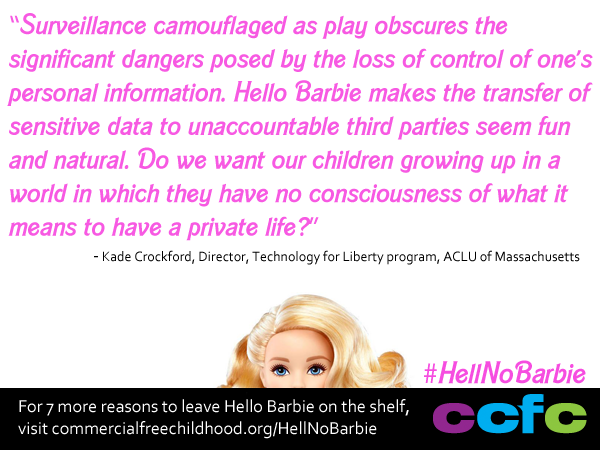What’s on your mind this weekend, Bleeding Heartland readers? This is an open thread. The big news for Iowa politics watchers is the new poll by Selzer & Co. for the Des Moines Register and Bloomberg Politics, which shows a surge for Ted Cruz since October, a stable second-place position for Donald Trump, a big drop for Dr. Ben Carson, and Marco Rubio the only other candidate in double digits among likely Republican caucus-goers.
It’s the second poll this month to show Cruz in first place here. Like the Des Moines Register/Bloomberg poll, Monmouth University found Cruz gaining most from Carson’s falling support. Last month’s endorsement by Representative Steve King has helped the Texas senator consolidate the most conservative parts of the Republican base, and he has an enormous lead among evangelicals. Some will attribute that development to backing from the FAMiLY Leader’s front man Bob Vander Plaats, but for months now, Cruz has had the largest number of evangelical pastors supporting him, as well as major social conservative voices like radio host Steve Deace and Dick and Betty Odgaard, the so-called “religious liberty ambassadors” because they shut down their business rather than buckle to pressure to allow same-sex marriages there.
Trump and his supporters have been touting a CNN poll released on December 7, which had him ahead of Cruz in Iowa by 33 percent to 20 percent, but I don’t believe that for a second–and not only because Ann Selzer has the best track record for polling this state. The CNN poll showed Trump does much better among no-party voters than among registered Republicans. An Iowa State University/WHO-HD poll that was in the field during early November found that a disproportionate number of Trump supporters have not voted in a Republican primary during the last ten years.
I don’t believe that Iowa State/WHO-HD poll reflects the current state of the race (it had Trump running behind Ben Carson, Marco Rubio, and “don’t know,” with Cruz in fifth place). But I do agree with those pollsters that whether someone has voted in a recent Republican primary should be factored into a likely caucus-goer screen. Attending the caucus takes considerably more time and effort than casting a ballot in a primary. You have to find your precinct caucus location (usually different from where you would vote in a November election) and go out for an hour or more on a cold night in February. Trump doesn’t have anything like the massive organization Barack Obama’s campaign built to identify and turn out supporters who had never caucused before January 2008.
I enclose below highlights from the new Selzer poll for the Des Moines Register as well as the main findings from the latest Monmouth University and CNN polls of Iowa Republican caucus-goers. Steven Shepard’s profile of Ann Selzer for Politico is worth a read.
A Bleeding Heartland post in progress will consider whether Cruz is now firmly in position to win the Iowa caucuses, or whether he is on track to peak too soon. I’m on record predicting Cruz would not win here, but that view was grounded in several assumptions that have turned out to be false.
Trump claims the Des Moines Register is biased against him, and speaking to a rally in Des Moines on Friday night, he characterized the Register’s chief politics reporter Jennifer Jacobs as “the worst.” For the record, I do not agree, even though I’ve had some serious issues with Jacobs’ reporting. But I did find something strange in her Sunday Des Moines Register piece about “the skinny” on each candidate. Jacobs called Carly Fiorina (at 1 percent in the Selzer poll) an “also-ran,” described Mike Huckabee (3 percent) and Rick Santorum (1 percent) as “yesterday’s news,” and said Rand Paul had “little opportunity” after dropping to 3 percent. Yet she put a positive spin on Chris Christie’s 3 percent showing:
After some of the best days of his campaign, the tell-it-like-it-is New Jersey governor has seen a slight bump in support, up from 1 percent in October.
And his favorability rating is no longer underwater. In the October Iowa Poll, it was 39 percent favorable, 49 percent unfavorable. Now it’s 46 percent favorable, 42 percent unfavorable.
I had a feeling that securing more friendly coverage in the Register was the one thing Iowa Republican elites could deliver for Christie’s campaign.














